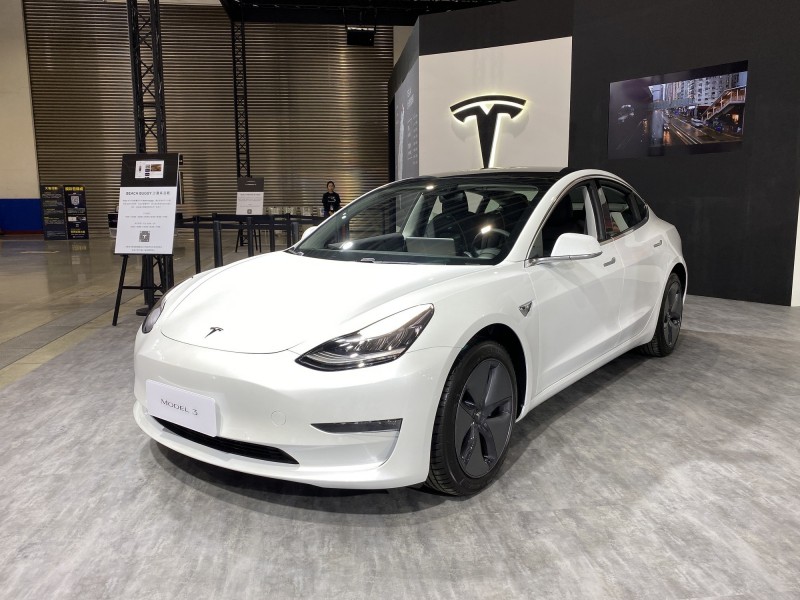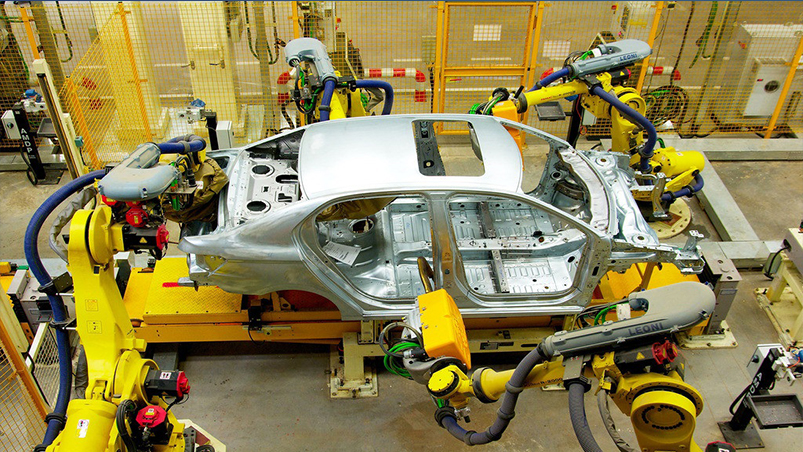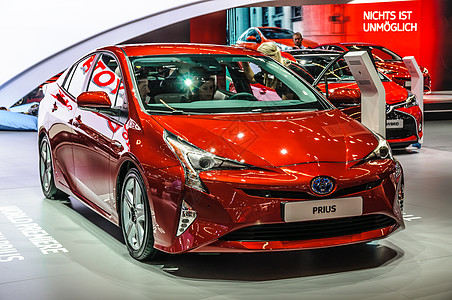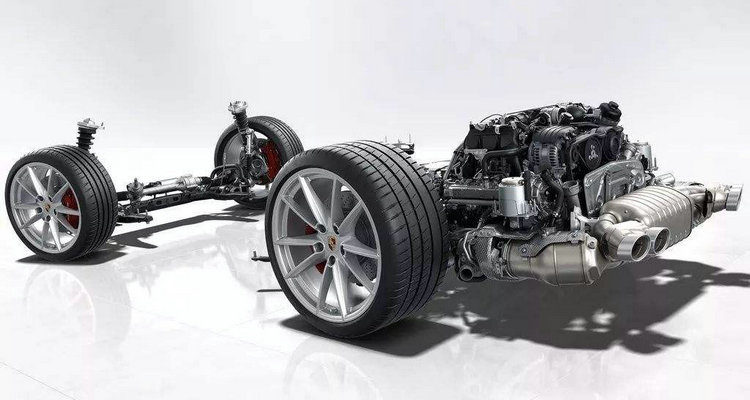Addressing Electric Vehicle Range Issues: Can a Generator be the Solution?
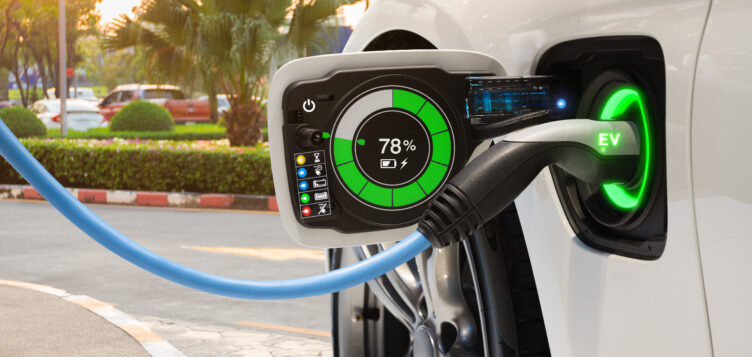
The limited range of electric vehicles (EVs) has sparked discussions around potential solutions, with some suggesting the installation of a generator to extend their driving distance. Gasoline-powered vehicles outperform EVs in terms of range due to higher mechanical and combustion efficiency, reaching over 90%, with an assumption of 100%.
In a typical gasoline vehicle, only about 33% of the chemical energy from gasoline combustion is converted into kinetic energy. Considering the combined efficiency of thermal, mechanical, and combustion processes, roughly 31% of this kinetic energy reaches the wheels, accounting for a 95% transmission efficiency with a manual gearbox.

Enthusiasts propose the idea of integrating a generator into EVs, essentially employing an internal combustion engine (ICE) to generate electricity, akin to an on-board power source. However, this concept raises concerns about the fundamental shift from electric propulsion to reliance on gasoline, resembling a conventional vehicle rather than a true electric car.
One envisioned scenario involves EVs equipped with a generator, allowing users to recharge the battery after returning home. This setup provides the flexibility of utilizing gasoline for extended journeys while ensuring the convenience of home charging. Potential buyers, particularly those considering used EVs, express interest in models with added range capabilities through a generator.
The proposed system involves converting mechanical energy into electrical energy to charge the battery, optimizing the loss of energy in the process. While this hybrid approach could enhance EV range to a certain extent, it prompts questions about the essence of such vehicles and whether they truly break free from dependency on traditional fuels.
Critics argue that integrating a generator into EVs effectively transforms them into hybrids, with an internal combustion engine at their core, relying on gasoline for energy. This approach appears counterintuitive to the essence of electric vehicles and leans toward a hybrid or plug-in hybrid design.
Additionally, concerns arise regarding the efficiency and reliability of portable generators, which may experience malfunctions over time. The need for periodic oil changes and the inherent complexity of these systems pose challenges to the seamless operation of such a setup.
Proponents of this hybrid concept suggest that the advantages lie in the ability to address range anxiety by offering a convenient solution for long-distance driving without solely depending on external charging infrastructure. The proposed system allows users to switch between electric and gasoline-powered modes, providing flexibility for diverse driving scenarios.
However, it’s essential to consider the potential downsides, including increased fuel consumption when frequently utilizing the generator, negating the benefits of an electric-only mode. The collaborative efforts of a generator and a battery raise questions about the overall efficiency and environmental impact, particularly compared to advancements in battery technology.
While the concept of incorporating a generator to extend EV range has its merits, it introduces a compromise between electric and hybrid functionalities. Striking a balance between enhanced range and preserving the core principles of electric vehicles remains a challenge, underscoring the ongoing evolution and innovation required in the new energy vehicle landscape.








